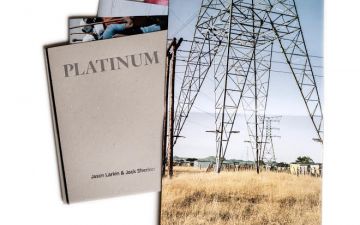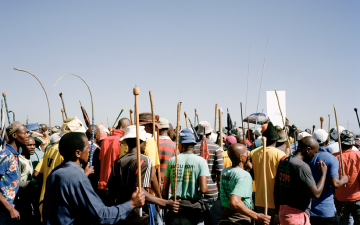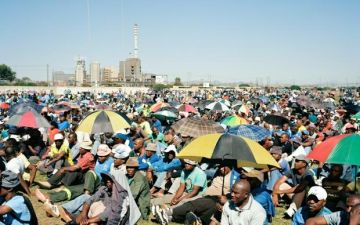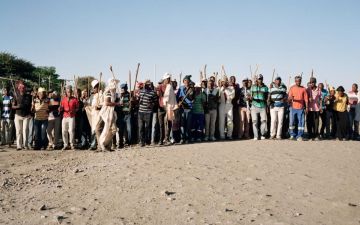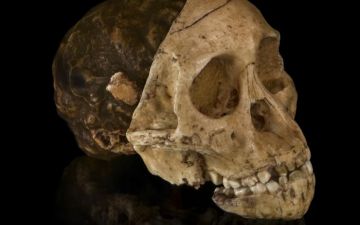Behind the modern, inclusive image of South Africa as "the Rainbow Nation," incidents of social protest have reached record levels—and public confidence in political elites has slumped to an all-time low.
The critical fault-lines dividing Africa’s richest economy have been quietly mounting for years, but they exploded to the surface in August 2012 when police massacred 34 striking workers at Marikana and mining briefly captured the world’s attention. But Marikana was no isolated event. Throughout history, South Africa’s mines have been the incubators of every major shift in the country’s political and social development: The modern state was founded on its mineral wealth beneath the soil, the apartheid system grew out of pass law regulations designed to maximize profits for mine owners, and the resistance struggle that eventually overthrew apartheid was born and stoked in the furnaces of gold, diamond and platinum concessions dotted throughout the land.
Today, once again, turmoil in the mines speaks to a far wider process of grassroots revolt. Struggles for social justice are mushrooming fast from Marikana, and the stories of those involved cut to the heart of South Africa’s contested future. Embarking on an ambitious project to document and explore those stories, Pulitzer Center grantees Jack Shenker and Jason Larkin partner with The Guardian to produce an interactive essay interrogating what sort of South Africa those below the surface are fighting for.

